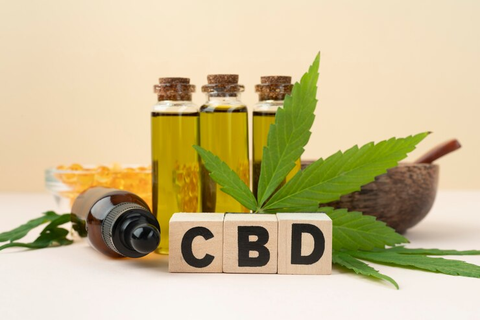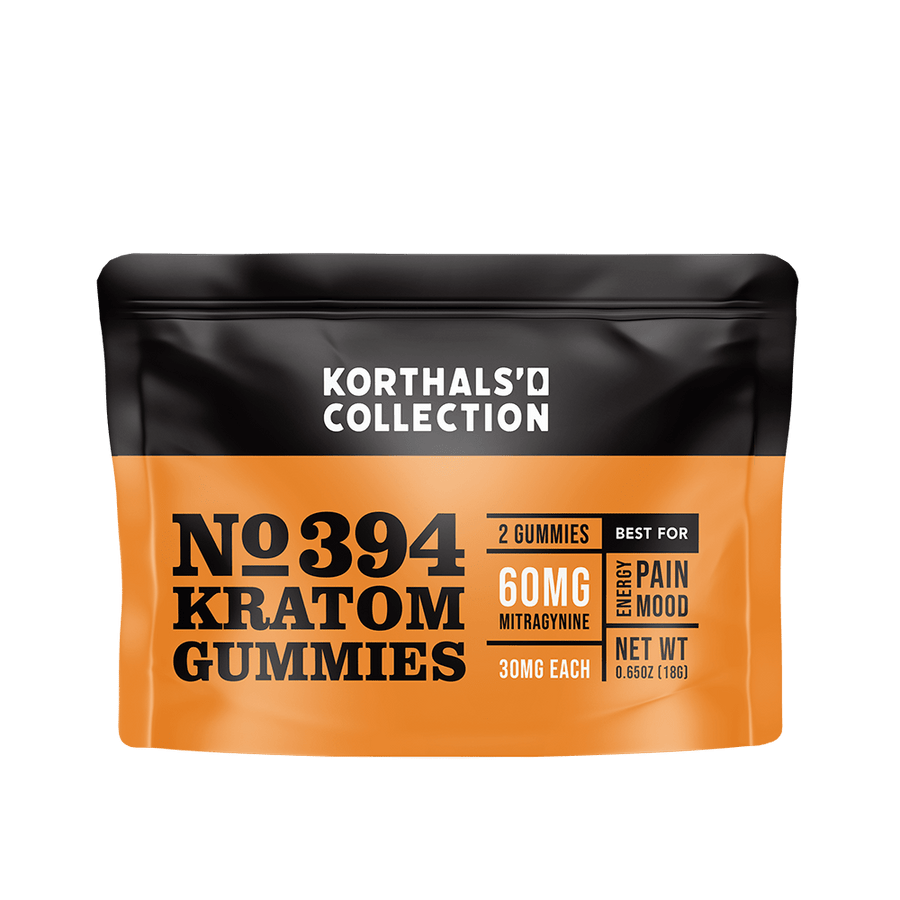Cannabis has been used for centuries for its potential medicinal and recreational properties. With the growing interest in cannabinoids, the amount of methods and products continue to expand and can be a bit overwhelming. It’s important to understand the differences between the products in order to find the right approach to wellness for you. Today we’ll be exploring extracts and tinctures to understand their similarities and differences, and potential benefits.

Extracts and tinctures offer unique benefits and have distinct uses. Extracts are highly potent and customizable, often used for fast-acting effects and recreational purposes. Tinctures, on the other hand, provide convenience, versatility, and ease of use, making them suitable for precise dosing and discreet consumption. Understanding the similarities, differences, benefits, and uses of cannabis extracts and tinctures allows individuals to make informed choices based on their preferences and desired effects.
What are Extracts?
Extracts are concentrated forms of cannabis that are obtained through various extraction methods. These methods involve separating the desired compounds, such as cannabinoids and terpenes, from the plant material. Common extraction methods include solvent-based extraction (using substances like ethanol or butane) and solventless extraction (using heat and pressure).

Benefits of Extracts
Potentially Stronger Effects- Due to their concentrated nature, extracts often contain higher levels of cannabinoids than traditional flower consumption, allowing users to potentially experience stronger effects with smaller doses.
Fast-Acting Effects- Inhalation methods of consuming extracts, such as dabbing or vaping, provide rapid onset of effects, making them ideal for individuals seeking immediate relief.
Broad Spectrum- Extracts may offer a broader spectrum of potential therapeutic effects due to the increased concentration of cannabinoids and terpenes.
What are Tinctures?
Tinctures, on the other hand, are liquid extracts made by soaking cannabis plant material, such as flower or trim, in a solvent. The solvent extracts the cannabinoids, terpenes, and other beneficial compounds from the plant material, which are blended with the base material MCT oil (medium-chain triglycerides), resulting in a concentrated liquid form. Tinctures are typically consumed orally, either by placing drops under the tongue or adding them to food or beverages.

Benefits of Tinctures
Precise Dosage- Tinctures allow for precise dosing, as they are typically packaged with a dropper that allows users to measure the desired amount of cannabinoids. This makes it easier to find the optimal dosage for individual needs.
Discreet Consumption- Tinctures offer a discreet way to consume cannabis, as they can be easily carried and used without drawing attention. They can be consumed in public without drawing the same attention as smoking or vaping.
Versatility- Tinctures can be added to food or beverages, making them a versatile option for those who prefer not to consume cannabis in its raw form.
Similarities between Extracts and Tinctures
While cannabis extracts and tinctures differ in their production methods, they share some similarities:
Potency- Both cannabis extracts and tinctures are highly concentrated forms of cannabis, containing higher levels of cannabinoids and other beneficial compounds compared to raw cannabis flower.
Versatility- Both extracts and tinctures offer versatility in consumption. They can be ingested orally, added to food or beverages, or used topically, depending on the desired effects.
Differences between Extracts and Tinctures
Despite their similarities, there are notable differences between cannabis extracts and tinctures:
Production Method- Extracts are typically produced using extraction methods that involve solvents or solventless techniques. In contrast, tinctures are made by soaking cannabis plant material in a solvent, usually alcohol or glycerin.
Shelf Life- Extracts, especially those made using solvent-based extraction methods, tend to have a longer shelf life compared to tinctures. Tinctures, particularly alcohol-based ones, may have a shorter shelf life and require proper storage to maintain their potency.
Choosing Between Extracts and Tinctures
The choice between cannabis extracts and tinctures depends on individual preferences, desired effects, and intended use. Factors to consider include potency, consumption method, onset of effects, and personal comfort with different forms of consumption.

CBD Kratom Can Help
Stop by one of our 60+ locations throughout Chicago, Dallas, Houston, New York City, Philadelphia, and St. Louis, and let our Doyens help you learn more about your tincture and extract options. You can also shop online and schedule some one-on-one time with an expert.

























































